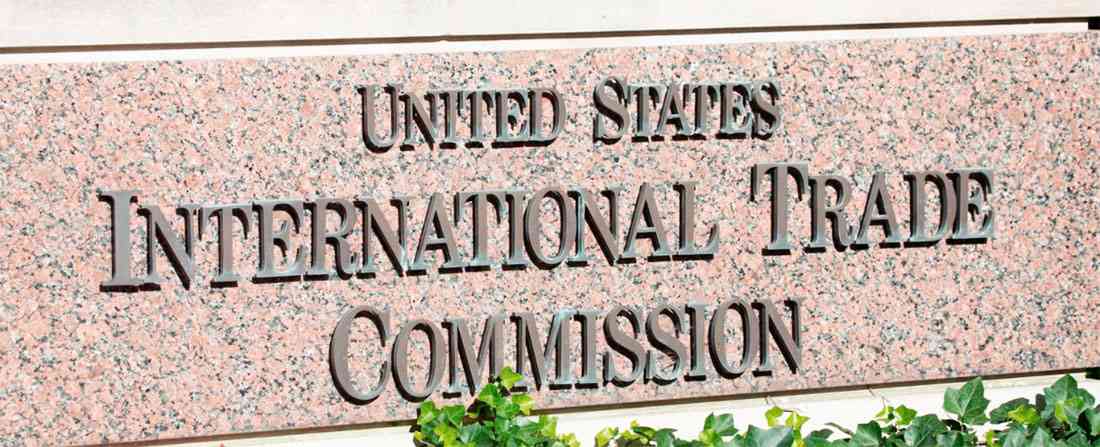
THE US Africa Trade Commission (USAfriTrade) has urged Zimbabwe to capitalise on growing trade opportunities with the United States, especially in the agriculture, mining, and tourism sectors.
USAfriTrade is an American based not-for profit organisation that promotes trade, tourism and investment opportunities between the United States and Africa.
It does this by providing a platform for business networking and organises Trade Summits, trade expos, and trade delegations to explore new opportunities.
Looking at statistics from the Office of the United States Trade Representative, from the US Executive Office to the President, total goods traded with Zimbabwe were US$111,6 million in 2024.
“There are opportunities for increased trade and investment between the US and Zimbabwe, particularly in areas such as agriculture. Zimbabwe has significant agricultural potential, and US companies have shown interest in investing in the sector,” USAfriTrade said in a statement.
“Mining: Zimbabwe has rich mineral resources, and US companies have invested in the sector. Tourism: Zimbabwe’s tourism industry has potential for growth, and US tourists are important.”
President Emmerson Mnangagwa had previously directed the government to suspend all tariffs levied on goods originating from the US, a measure he hopes will facilitate the expansion of American imports into the local market.
The decision came after United States President Donald Trump imposed an 18% reciprocal tariff on Zimbabwe in response to the latter’s 35% tariff on American products.
- Abwa commissions milk plant
- In the groove: Has inflation hit the music markets?
- Zimbos snub Zec voter registration programme
- Business opinion: Brand customisation
Keep Reading
As previously reported, the Zimbabwe Revenue Authority is currently awaiting guidance from the Treasury on how the tariff exemption on either goods imported from or manufactured in the US will be rolled out.
USAfriTrade said there was also potential for Zimbabwe to expand its efforts in value addition and niche sectors.
“While trade remains relatively modest, there is substantial potential to expand and diversify exports — especially in value-added goods and niche sectors,” it said.
“This brief underscores the importance of strategic engagement, market access awareness, and export readiness among Zimbabwean businesses seeking to enter or scale in the US market.
“The recently published Zimbabwe–United States Trade Brief by ZimTrade highlights a developing yet underutilised trade relationship between the two countries.”
The commission also noted that top US exports to Zimbabwe include poultry products, specialised machinery and pharmaceuticals while the top Zimbabwe imports into the United States include ferroalloys, precious metals, raw tobacco and sugar.
It also noted that Zimbabwe benefits from preferential access to the US market through “Commercial Diplomacy” despite targeted sanctions.
“There have been efforts to promote commercial diplomacy and trade between the two countries. US companies have been operating in Zimbabwe for decades,” USAfriTrade said.
Some bilateral agreements include the Trade and Investment Framework Agreement signed in 2013, which aims to promote trade and investment between to the two nations.
There is also the Zimbabwe-US Business Forum to promote business-to-business interactions and facilitate trade and investment between the two countries.
“Our aim should always be to export manufactured or value-added goods and not raw materials. We must import new technologies from the USA to develop local production methods,” economist Vince Musewe said.
“These are high value items, so our trade balance will really not matter as long as we import technologies and machinery whose impact on our economy will trigger multiplier effect returns and create local incomes. This would offset any disadvantages of a negative trade balance.”










